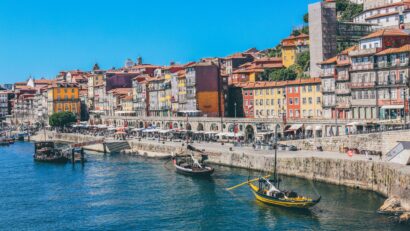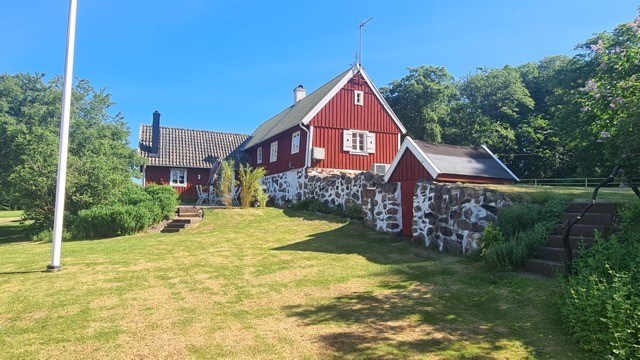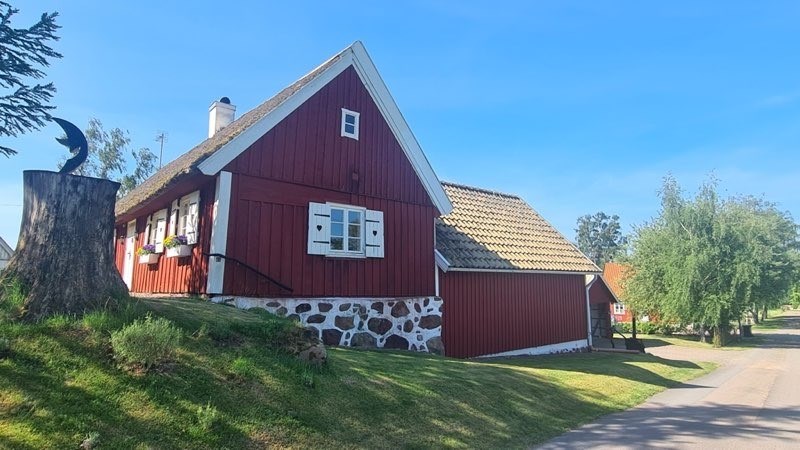
Gas Price Cap, Rent Controls, and Affordable Food: Why Spain’s Economy is Booming
While the economy in some EU countries is stagnating and even slipping into recession, Spain’s economy is showing rapid growth. Spain’s socialist Prime Minister, Pedro Sánchez, has implemented government interventions to regulate prices. This approach has kept inflation low over the past few years and stimulated economic growth. As a result, Spain is now a driving force within the EU and is projected to have the highest economic growth rate in the Eurozone for 2024.
Price Controls as a Successful Economic Strategy
Spain is one of the EU countries that has weathered the COVID-19 pandemic, energy crisis, and inflation surge particularly well. Its economic growth in recent years has far surpassed the EU average, and predictions for 2024 estimate a growth rate of 2.4–2.7%, making Spain the fastest-growing economy in the Eurozone. The Sánchez government took action during the energy crisis by intervening in prices, which helped keep inflation consistently low. Key measures included a gas price cap and rent controls, which helped curb price increases. In addition, the government suspended VAT on essential food items, helping to ease the burden of rising food costs.
Immigration as a Key to Spain’s Prosperity
Another factor behind Spain’s strong economic growth is the influx of skilled workers, particularly from Latin America. This immigration has eased the labor shortage in sectors like technology and hospitality. New immigration policies are expected to support this trend further.
While many European countries focus on restricting immigration, Spain has embraced an open approach. In mid-October 2024, Sánchez presented his plans to the Spanish Parliament, emphasizing that immigration is not only a humanitarian issue but also essential for the country’s economic future:
“It is necessary for the prosperity of our economy and the sustainability of the welfare state.”
The government plans to simplify the recognition of foreign qualifications, introduce a new labor migration program, and reduce bureaucratic hurdles for residence permits. At the same time, integration measures are being expanded.
Lowest Unemployment Rate in 15 Years
Spain’s unemployment rate skyrocketed following the financial crisis of the late 2000s. However, it has now fallen to around 11.3%, the lowest level in 15 years. This improvement is largely due to the robust economic growth under Sánchez’s leadership during recent crises.
Despite being high by European standards, many sectors in Spain, such as technology and construction, are facing a shortage of skilled workers. Rural areas, in particular, are struggling with depopulation and are finding it increasingly difficult to maintain essential infrastructure.
“We have elderly people who need caregivers but can’t find them. Businesses are looking for programmers, technicians, and builders but can’t find them. Rural schools need more children to avoid closing,” said Prime Minister Sánchez.
Sánchez also plans to ask the European Commission to bring forward the implementation of the EU-wide migration pact to next year. Under this plan, migrants and asylum seekers would be more evenly distributed among EU member states based on factors like GDP and population.
Spain’s Financial Market More Stable than France
Spain’s positive economic developments are also reflected in its financial market. Recently, the yields on 10-year French government bonds surpassed those of Spain for the first time. In simple terms, investors now receive a higher return for purchasing French government bonds compared to Spanish ones, suggesting that investors see Spain as a lower-risk country than France, the EU’s second-largest economy.
In January 2024, Spain’s bond yields were still 0.4 percentage points higher than France’s. During the worst of the Eurozone crisis, the difference between Spanish and French bonds was nearly five percentage points.
This article was updated on October 11 to include the information that Spain intends to focus on migration in its labor market policy in the future.
This work is licensed under the Creative Common License. It can be republished for free, either translated or in the original language. In both cases, please cite Kontrast / Michael Thaler as the original source/author and set a link to this article on Scoop.me. https://thebetter.news/spain-economy-boom/
The rights to the content remain with the original publisher. Läs mer…


